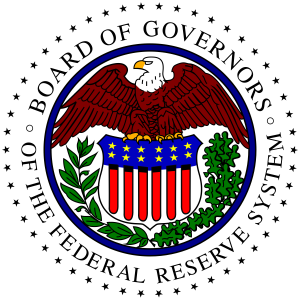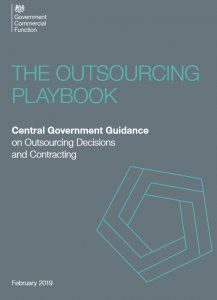Regulation (EU) 2016/679 of the European Parliament and of the Council of 27 April 2016 on the protection of natural persons with regard to the processing of personal data and on the free movement of such data, and repealing Directive 95/46/EC (a.k.a. the General Data Protection Regulation or GDPR) will, as most business people are probably aware of by now, come into force across the EU on 25 May 2018.
This will be the case in the UK (notwithstanding Brexit) and every other member state, since EU regulations have direct applicability. In other words, they do not need an act of parliament in the member state to make them into law. By contrast, EU directives are not directly applicable. When passed they still need legislation to be passed before they become part of national law. The current regime of the 1995 Data Protection Directive, and the UK’s Data Protection Act of 1998, both of which are due to be replaced next year, are good examples of this.
To complete the picture, from a UK regulatory perspective, in terms of what is changing, the government has introduced a Data Protection Bill which is currently passing through parliament. The Bill does not replace GDPR in the UK. Instead it seeks to make the UK’s own data protection laws “fit for purpose” in a digital age, replacing 1998 Act and, amongst other things, implementing the “GDPR standards across all general data processing”.
 Sourcing Speak
Sourcing Speak




